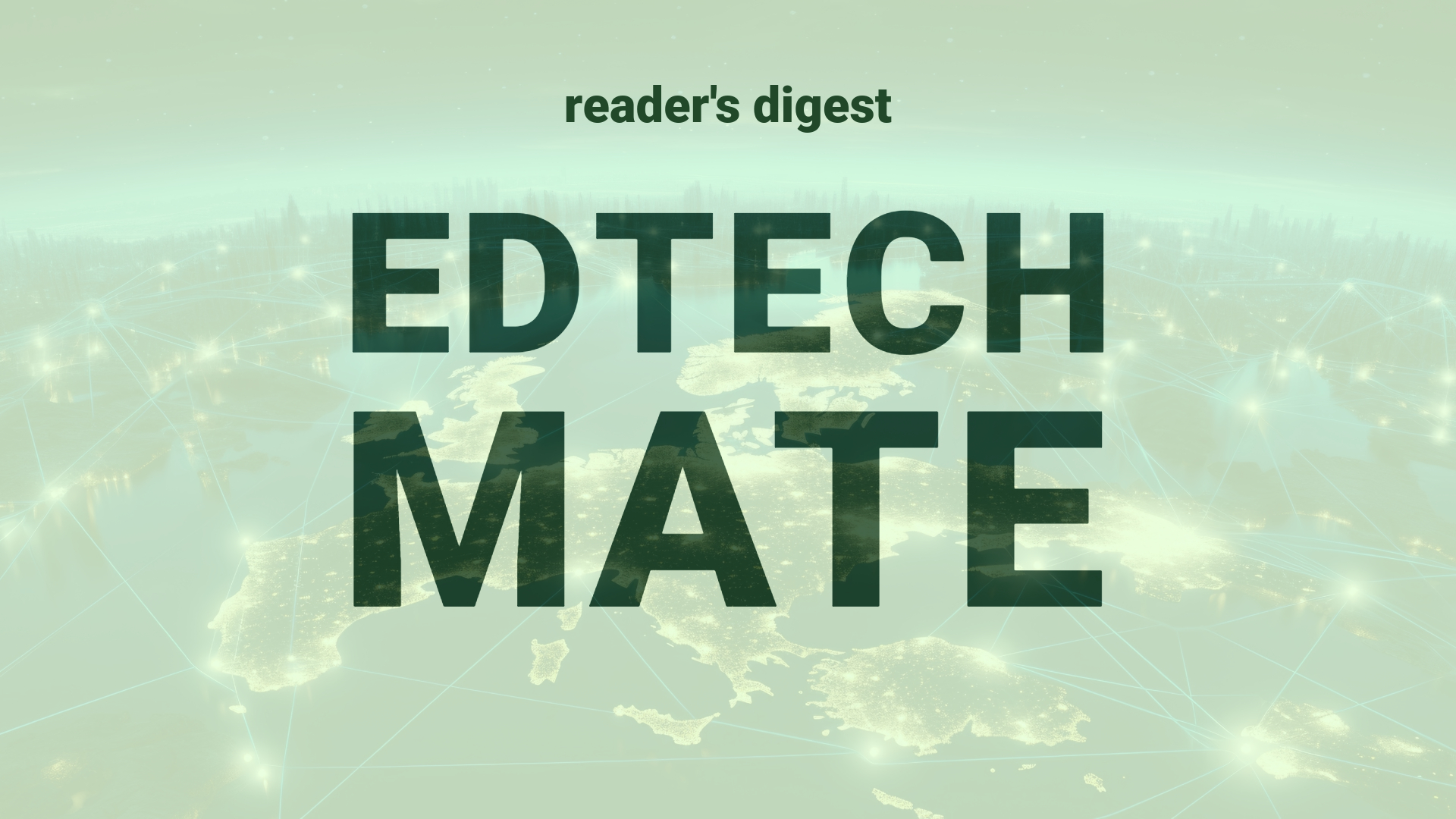“`html
Executive Summary and Main Points
The recent announcement of Anthropic’s Claude 3.5 Sonnet, a progressive artificial intelligence model, signifies a transformative juncture in the generative AI realm. Backed by leading technology corporations such as Google, Salesforce, and Amazon, Anthropic is rapidly advancing, mirroring OpenAI’s ChatGPT and Google’s Gemini in escalating popularity. The company highlights the model’s enhanced ability to understand nuance, humor, and complex instructions offering high-quality, naturally toned content creation. Additionally, Anthropic introduced “Artifacts,” integrated for tasks such as code development and contract analysis, thereby fostering a dynamic digital workspace. This move showcases the escalating AI arms race, with tech giants striving to secure their market share in a sector projected to exceed $1 trillion in a decade.
Potential Impact in the Education Sector
Developments like Claude 3.5 Sonnet could revolutionize Further Education, Higher Education, and the growing trend of Micro-credentials through strategic partnerships and increased digitalization within the global education sphere. Enhanced AI models can assist in creating personalized learning environments, automating administrative tasks, and providing real-time feedback mechanisms. The articulation abilities of such models may lead to improved digital learning resources and affect course design to enhance student engagement. The integration of tools like “Artifacts” could refine research methodologies, curricular planning, and even academic integrity protocols, streamlining educational processes and enriching the academic experience.
Potential Applicability in the Education Sector
Innovative AI tools such as Claude 3.5 Sonnet offer a myriad of applications tailored to global education systems. They can facilitate the co-creation of learning content, streamline assessment processes, and elevate research capabilities through instant access to sophisticated coding and text-generation tools. AI’s ability to generate educational content with a natural tone can significantly aid in developing e-learning modules and interactive coursework that resonate with a diverse student body. Moreover, the application of AI in areas such as legal and ethical studies promises to provide students with future-oriented skills and knowledge.
Criticism and Potential Shortfalls
While the advancements in AI offer several benefits, they also come with potential drawbacks. One major concern is the automation of content creation, which may undermine the originality and critical thinking skills students are meant to develop in higher education. There’s also the risk of reinforcing existing biases if AI models aren’t developed with diverse and inclusive data sets. Concerns about data privacy and the ethical use of AI in academic settings can not be understated. Additionally, comparative international case studies may expose disparities in AI’s application across different cultural contexts, with certain education systems potentially lacking the infrastructure to support high-level AI integration.
Actionable Recommendations
For the successful implementation and exploration of these technologies in educational projects, institutions must develop clear guidelines for ethical AI use, ensure transparency, and promote digital literacy among educators and students alike. Strategic insights for international education leadership include fostering public-private partnerships for sustainable tech integration, investing in teacher training to make optimal use of AI tools, and encouraging cross-disciplinary research to harness AI’s full potential while safeguarding academic integrity. Furthermore, a concerted effort to introduce AI-driven personal development plans could advance tailored student learning trajectories and skill acquisition, shaping a more adaptive and futuristic education landscape.
“`
Source article: https://www.cnbc.com/2024/06/20/anthropic-claude-3point5-sonnet-ai-announced.html

